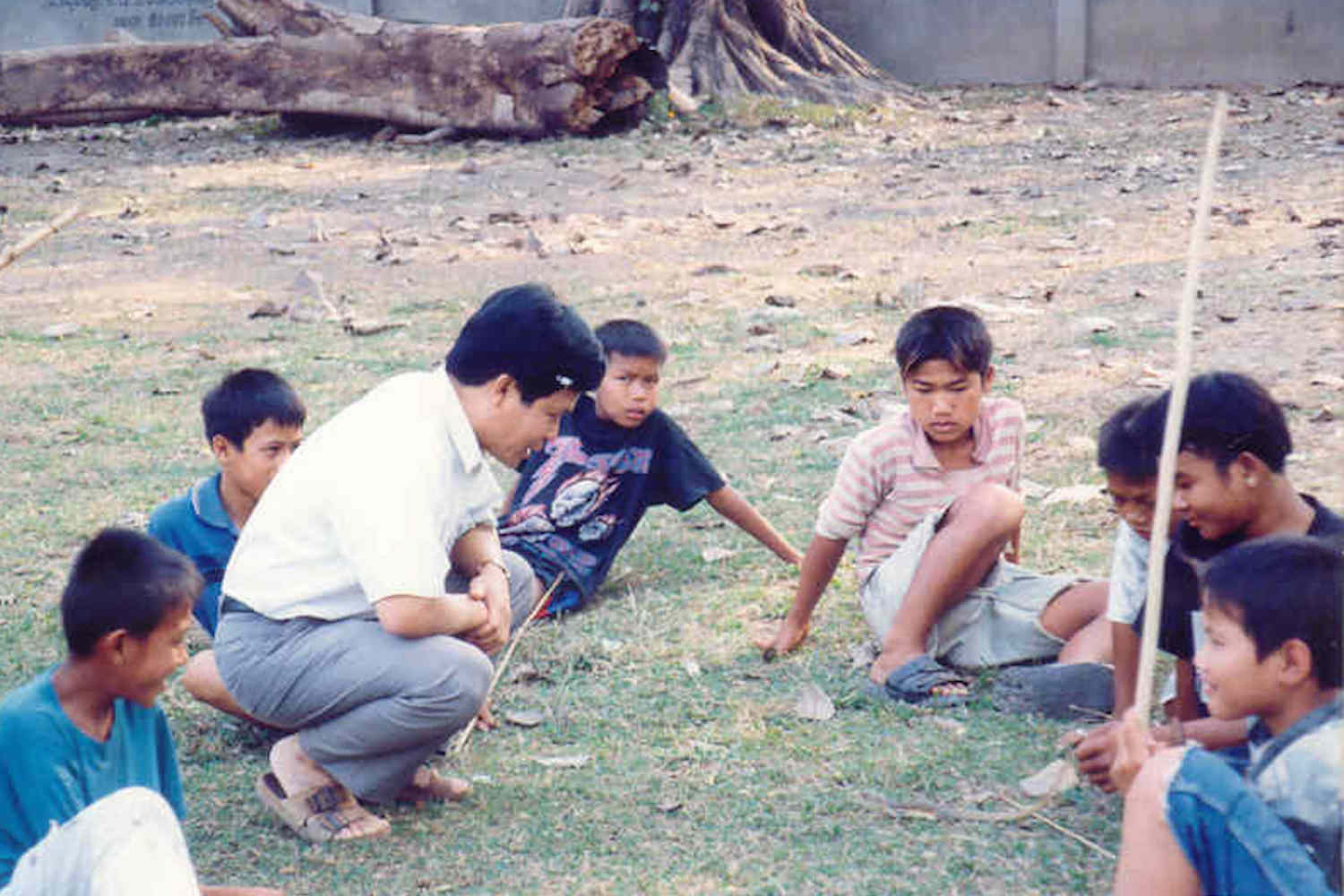Washington Post: 15 December 2016
By Dake Kang | AP
BANGKOK — Ng Shui Meng hasn’t given up hope.
Thursday was the fourth anniversary of the day her husband, Laotian community organizer Sombath Somphone, vanished at a police checkpoint on the outskirts of Vientiane, the capital — a suspicious disappearance reflecting the repressive tactics of the country’s Communist rulers, who have quashed political dissent since taking power in 1975.
After Sombath vanished, Laotian authorities denied responsibility and promised investigations that never materialized, though video evidence showed that his last known location was in police custody.
“Nobody contacted me, I know nothing,” Singaporean native Ng said by phone from Vientiane, where she still lives, waiting for her husband. “The last update I heard was over two years ago.”
Now, human rights organizations are renewing calls for a full investigation into his disappearance, accusing the government of not doing enough.
“The Lao government’s investigation of Sombath Somphone’s disappearance has been a pattern of delay, denial, and cover-up,” said Phil Robertson, deputy Asia director at Human Rights Watch. “Four years on, Sombath’s family is no closer to learning the truth.”
Security camera video obtained by Ng shortly after her husband’s disappearance clearly shows police stopping Sombath’s rusty jeep, and minutes later, unidentified individuals hustling Sombath into another vehicle. Even after a new video was found in December 2015 showing Sombath’s jeep being driven back into the city, police refused to conduct reviews of other cameras along the jeep’s route. Pressure from the United States during Obama’s visit in September yielded no results.
More than 130 rights organizations from around the world issued a statement Thursday condemning the Laotian government’s “inaction to resurrect the investigation into his disappearance after the discovery of new video evidence.”
“We call on (the government) to end its denial of basic facts,” it said, also calling for information about the fate of 10 other activists who were detained or simply disappeared over the past decade.
But in Laos, everything is political — nothing more so than rural land evictions, the very issue that Sombath advocated against. He showed farmers Google Earth to give them a clear sense of their land.
“It was a message,” said Anne-Sophie Gindroz, a Swiss development worker deported a week before Sombath’s disappearance. “Targeting Sombath was a very effective way to tell that ‘there are limits to be respected, and if this can happen to Sombath, it can happen to anyone.’” His disappearance had a chilling effect on Laos’ budding civil society.
“The Communist Party doesn’t really want to let go of its commanding heights,” said Hal Hill, an economist specializing in Southeast Asia. “That’s what you expect when you’ve got concentrated political power and large resource projects.”
In recent years, Laos has made startling economic progress. The government is trying to pull the country out of poverty by opening its economy to foreign investors, and funneling money into massive projects like road and dam construction, for exporting hydroelectricity to its neighbors. It can boast of the poverty rate dropping from 46 percent in 1992 to 23 percent in 2015, according to U.N. figures.
“You need more than just GDP growth,” Ng said. “I live on hope every day. I have no choice.”
Copyright 2016 The Associated Press. All rights reserved. This material may not be published, broadcast, rewritten or redistributed.

